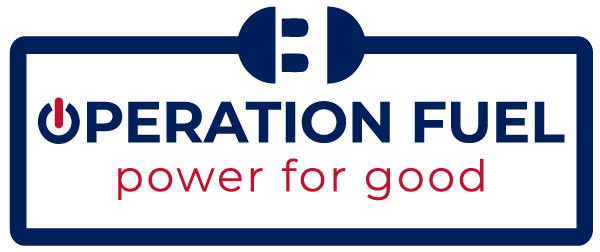Operation Fuel has joined the efforts of the nation’s drinking water and clean water sector in a request to members of the U.S. Congress that subsequent phases of economic stimulus legislation address the massive economic impacts from the coronavirus pandemic on water and wastewater systems.
We endorse the following letter from the agencies below that was sent to U.S. Senate Majority Leader Mitch McConnell, U.S. Senate Minority Leader Chuck Schumer, U.S. House of Representatives Speaker Nancy Pelosi, and U.S. House of Representatives Leader Kevin McCarthy, and we shared it with members of Connecticut’s U.S. Congressional delegation as well:
- Association of Metropolitan Water Agencies (AMWA)
- American Water Works Association (AWWA)
- National Association of Clean Water Agencies (NACWA)
- Water Environment Federation (WEF)
- WateReuse Association
- American Council of Engineering Companies (ACEC)
- American Society of Civil Engineers (ASCE)
- American Public Works Association (APWA)
- Council of Infrastructure Financing Authorities (CIFA)
- National Association of Water Companies (NAWC)
- The Rural Community Assistance Partnership (RCAP)
As the nation continues to grapple with the increasingly devastating effects from the coronavirus, water utilities around the country are working tirelessly to ensure their customers continue to have safe and reliable water services and to protect the health and safety of their workforce.
However, the economic impacts of coronavirus are expected to be enormous. Decreased revenue from households less able to pay their bills and the sudden drop-off in industrial and business water usage could lead to billions of dollars in lost revenue for water and wastewater systems nationwide.
This, coupled with additional costs water systems will incur for ongoing emergency operations during the course of the pandemic, will represent a significant sum that will be passed on to local customers through higher water rates.
Further, in response to the crisis water utilities around the country are suspending water shut-offs and restoring connections for water and wastewater service to delinquent accounts. These actions reflect the critical role clean water plays in mitigating the spread of the coronavirus, but the costs of these policies will also ultimately be passed on to ratepayers.
In recognition to this unprecedented situation, we urge you to include the following in coronavirus response legislation:
- Federal assistance to cover costs associated with moratoriums on water service disconnections, or reconnections of delinquent accounts, that water systems have implemented in response to the pandemic;
- Grant or low interest loan funding to help support utility operations at a time when revenues are dropping dramatically; and
- Inclusion of strong funding for all utility providers, regardless of ownership, through established water infrastructure investment programs like the SRFs, WIFIA, USDA Rural Development, the Bureau of Reclamation’s Title XVI-WIIN Water Reclamation and Reuse Program, and other water infrastructure grant programs to help fuel local economic activity while simultaneously strengthening America’s infrastructure.
Water and wastewater professionals are among the nation’s essential critical infrastructure workforce who remain on the job to help fight and bring an end to this pandemic. We simply ask Congress to recognize the needs of utilities and provide federal assistance to address ratepayer burdens and make utilities whole for doing their part to respond to the coronavirus pandemic.
We thank you for your consideration of the water sectors requests and appreciate all you are doing to help Americans during these challenging times.
Sincerely,
Brenda Watson
Executive Director
Operation Fuel, Inc.
